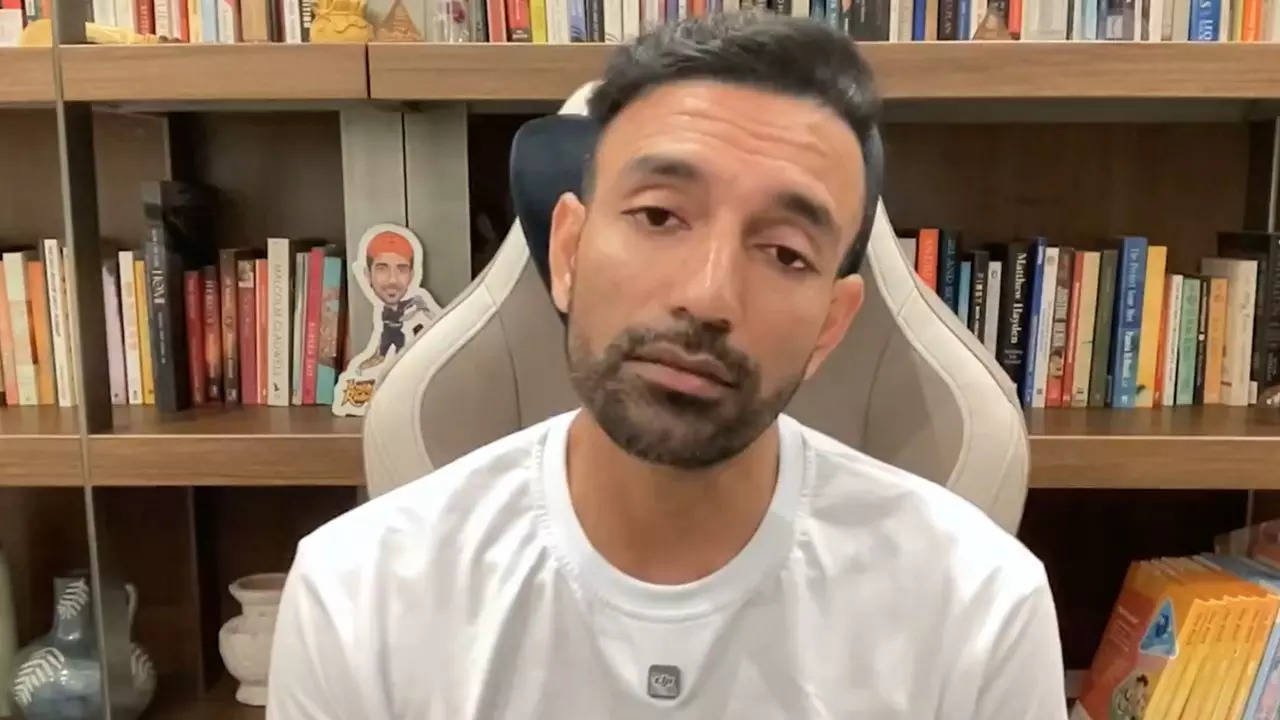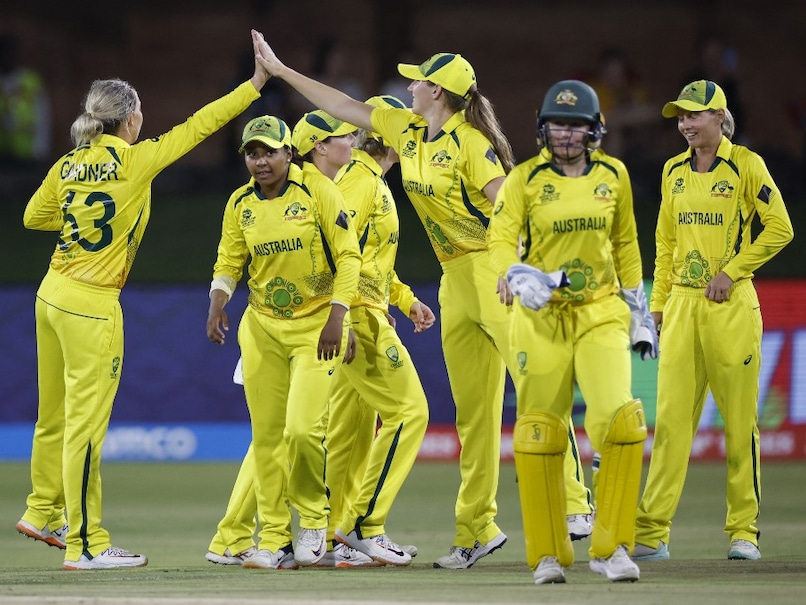Robin Uthappa Breaks Silence on Depression, Urges Mental Health Awareness
Former Indian cricketer Robin Uthappa has bravely opened up about his past struggles with depression, aiming to break the stigma surrounding mental health and encourage others to seek help. In a heartfelt social media post and a subsequent YouTube video, Uthappa shared his personal experience with the debilitating condition, emphasizing that his battle with depression was more challenging than any he faced on the cricket field.
Uthappa, known for his aggressive batting style, acknowledged the isolating nature of mental health struggles. “We are going to be talking about depression and suicide. We recently heard about Graham Thorpe and David Johnson from India. VB Chandra Sekhar sir who was the rock of Chennai Super Kings (CSK). I have been there as well. It’s not a pretty journey. It’s debilitating. You feel like you are a burden to people you love. It’s challenging. You feel like you are worth less,” the 38-year-old said in his YouTube video.
Uthappa’s revelation comes amid growing concerns about the mental well-being of athletes, particularly in high-pressure environments. He specifically mentioned the tragic suicides of cricketers Graham Thorpe, David Johnson, and VB Chandrasekhar, highlighting the devastating impact of untreated mental health issues.
While Uthappa enjoyed considerable success in white-ball cricket, including playing a crucial role in India’s 2007 T20 World Cup victory, his international career was marked by inconsistency and selection setbacks. Despite his on-field achievements, Uthappa faced personal challenges that took a toll on his mental health.
In his social media post, Uthappa wrote, “I’ve faced many battles on the cricket field, but none as tough as the one I fought with depression. I’m breaking the silence around mental health because I know I’m not alone.”
Uthappa’s decision to share his story is a significant step towards normalizing conversations about mental health within the sporting world and beyond. By speaking openly about his experiences, he provides a powerful example for others struggling in silence, encouraging them to seek the help they deserve.




